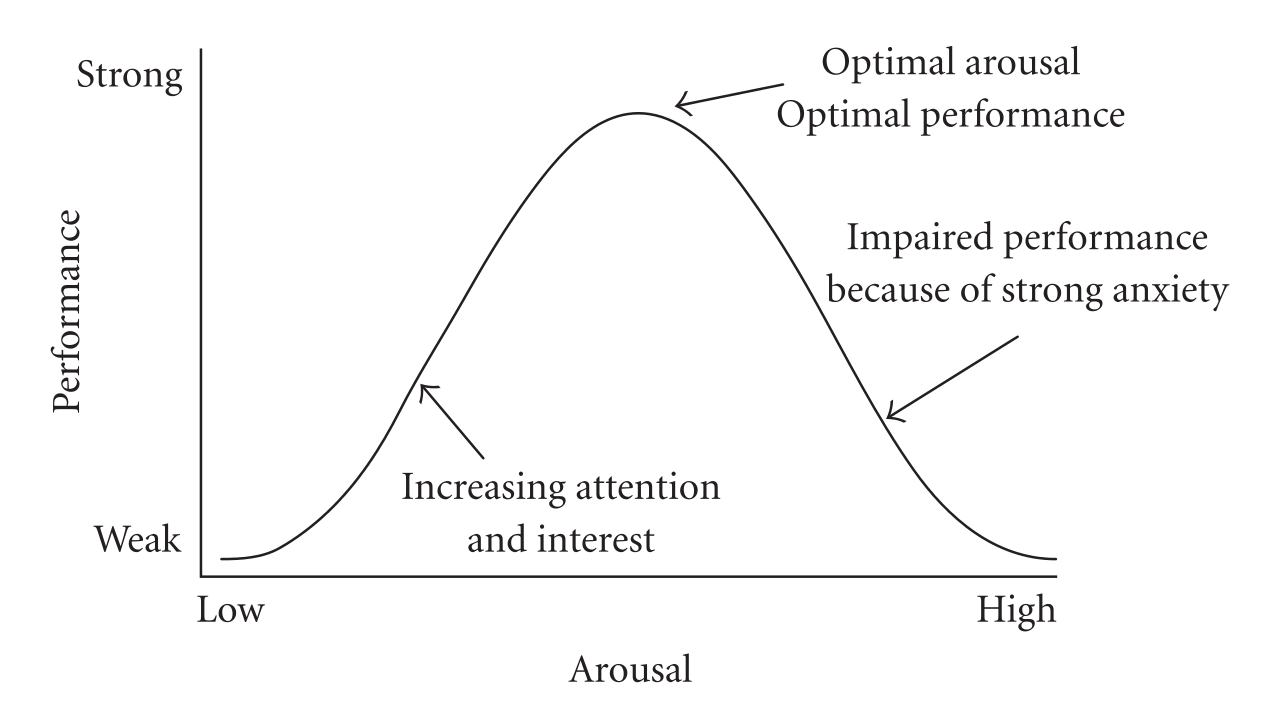What is IZOF?
Trying to be as calm and relaxed as possible for performances? Aiming to have the same feeling just like in the practice room?
A common misconception in music performance is that we have to be as calm as possible in order to perform our best. Everyone looks so calm and cool on the outside, so we would have to be the same on the inside, right!?
Well I, and many other musicians can attest to being anything but calm when we are giving it everything on stage! So where should our energy levels be when performing?
This is where another sports theory can be applied directly to music performance. Known as the model of Individual Zones of Optimal Functioning (IZOF), it is used to illustrate that some level of anxiety, activation, or arousal is required for us to perform at our peak, as opposed to being completely calm. Too little activation results in a lacklustre, safe, insipid performance devoid of energy and excitement. Too much activation and we end up being erratic, unstable, and our performance quality is greatly impaired.
Our Zone of Optimal Functioning is the sweet spot in between being too calm and too anxious. For some of us it is somewhere in the mid-range. Some work better on the lower end of the scale, and others prefer to be totally pumped up for a show. Although we’d all love to perform in our comfort zone, our best performing will inevitably be in a higher anxiety state than in the practice room.
So how do we hit this sweet spot for our performances?
You can start by reflecting on the concerts that you’ve played well in. Where was your energy level for those concerts? How did you feel leading up to it? How well had you prepared, and what was the level of difficulty of the music for you? What was your state of mind during the performance? What emotions were you feeling? How important was the concert to you?
Now reflect on a performance that didn’t go quite so well, and ask yourself the same questions. What are the differences between the two scenarios?
By recognizing patterns in our behaviours, we can start to form greater consistency by repeating certain actions, and changing unwanted ones. We can begin to form routines that will enable us to be in an optimal mental, physical, and emotional state right when we need to.
Next week we’ll cover this in further detail, and talk about developing our own “pre-performance routine”, the key to becoming more consistent under pressure!

